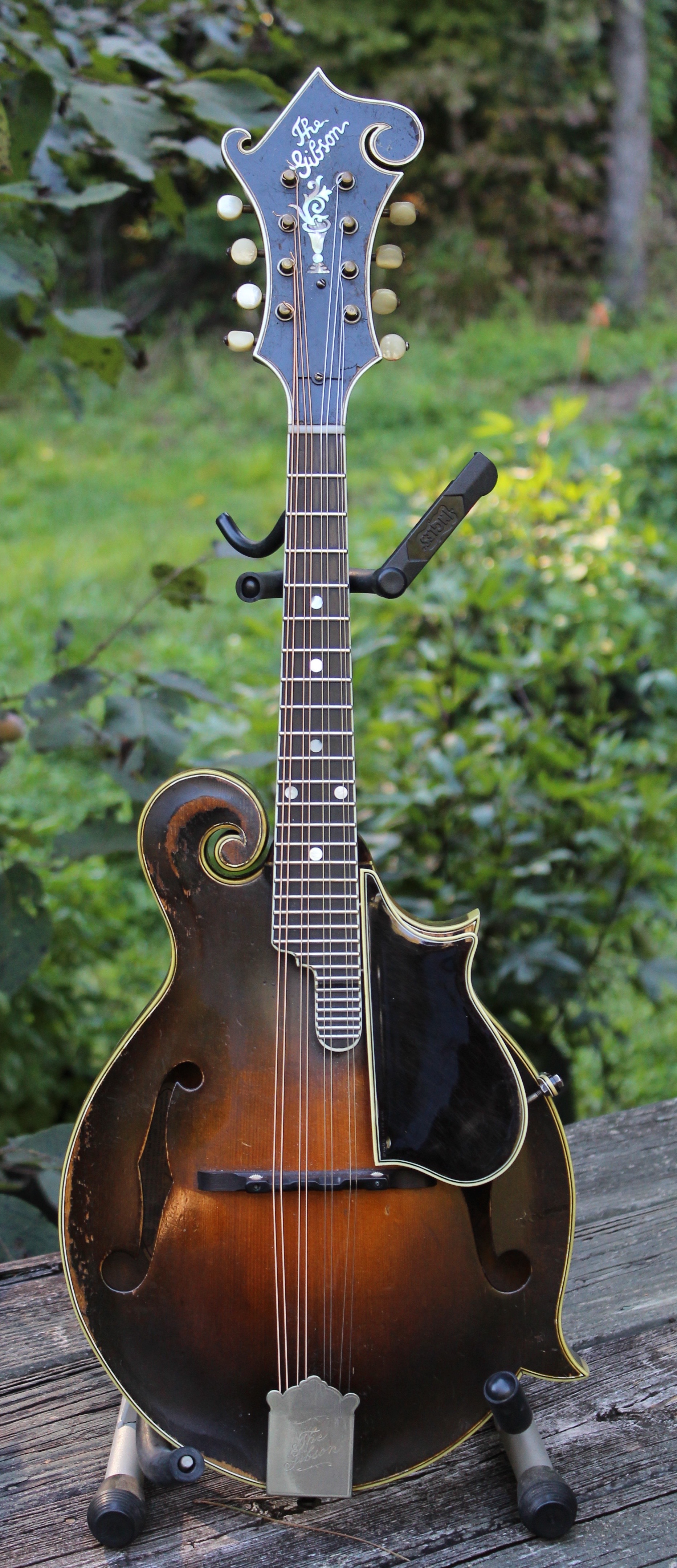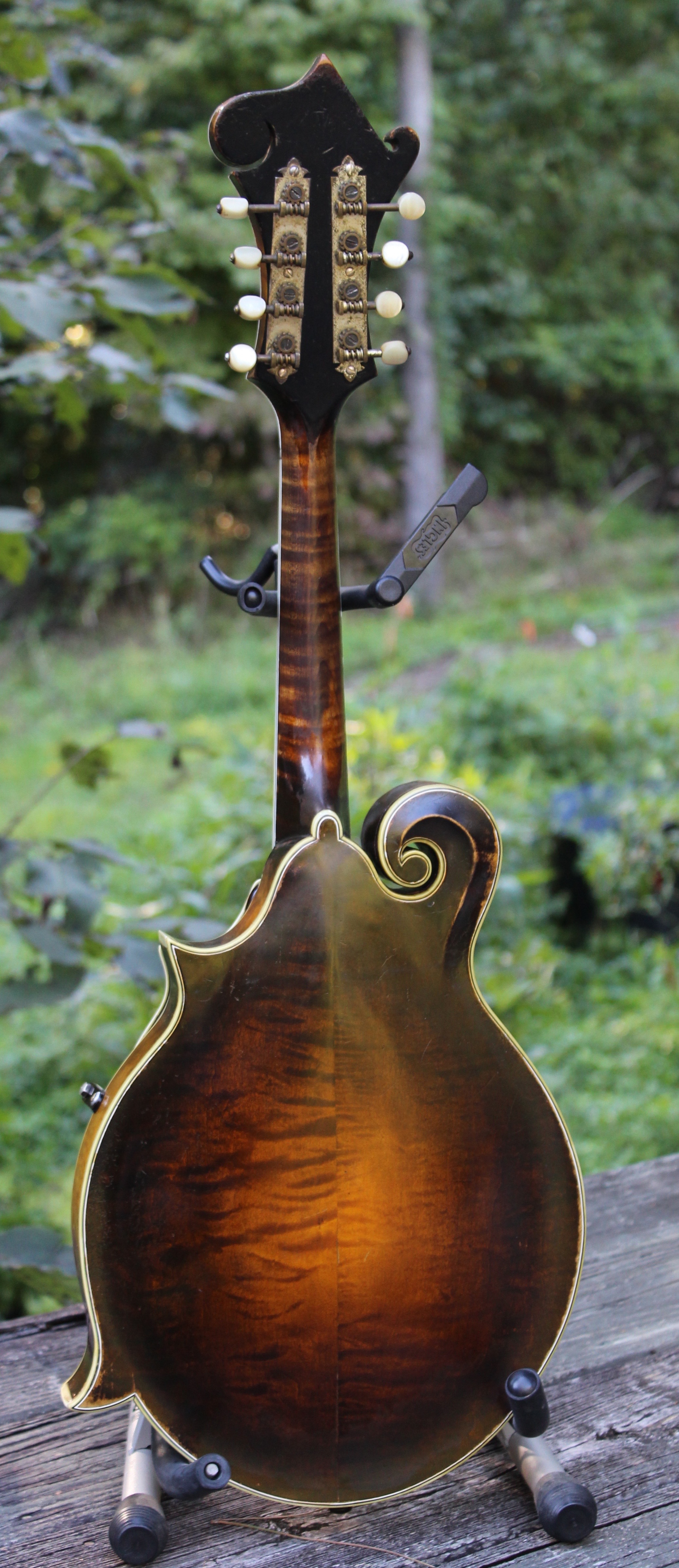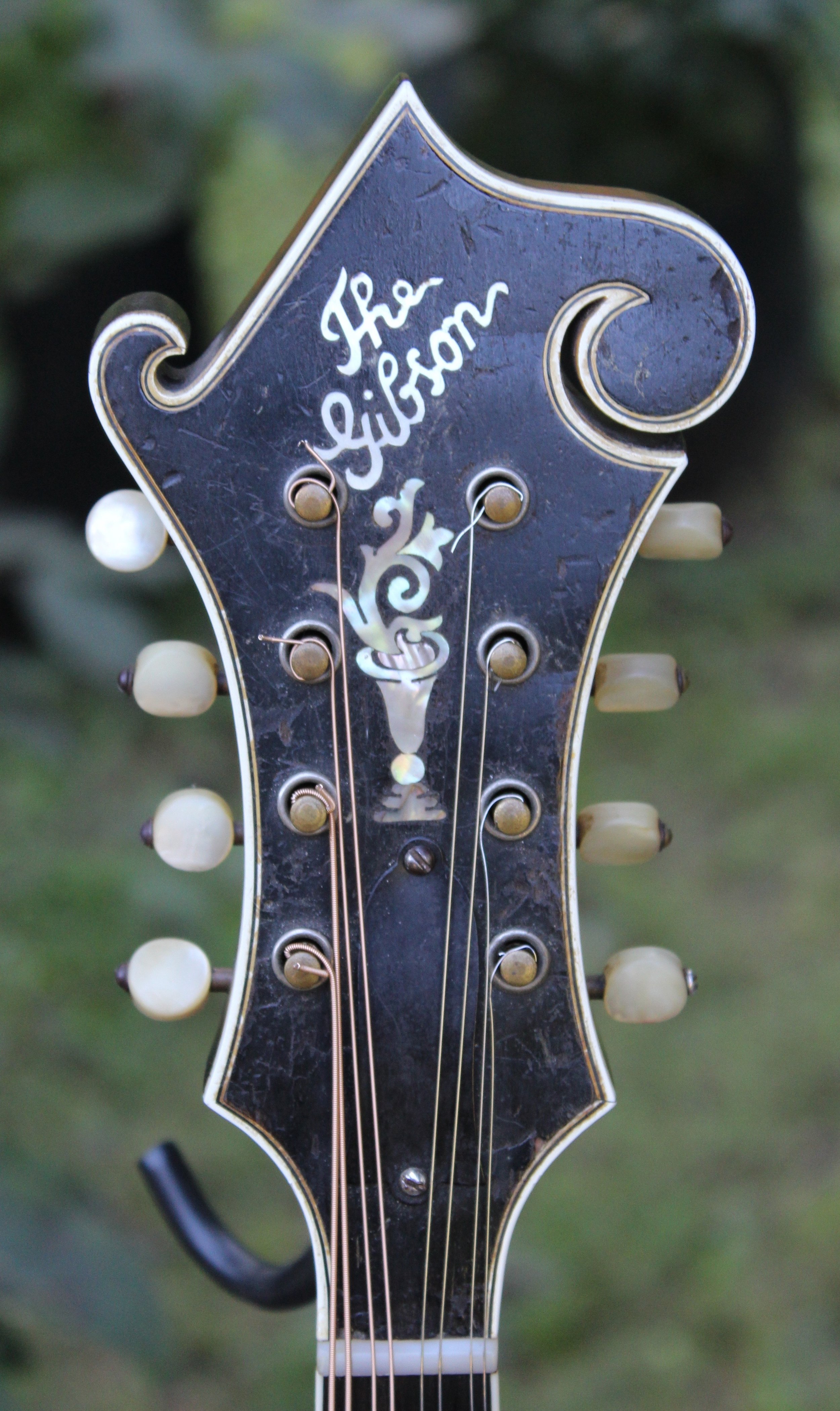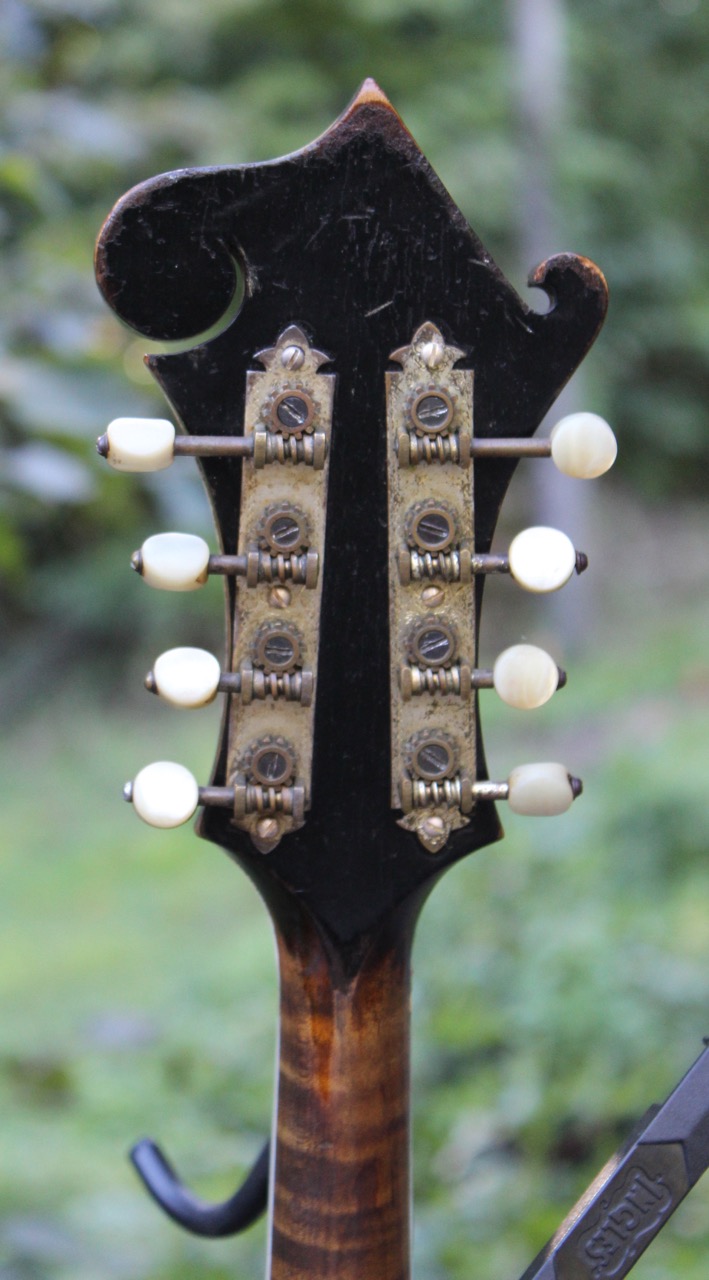Lloyd Loar F-5, December 1, 1924, #79641
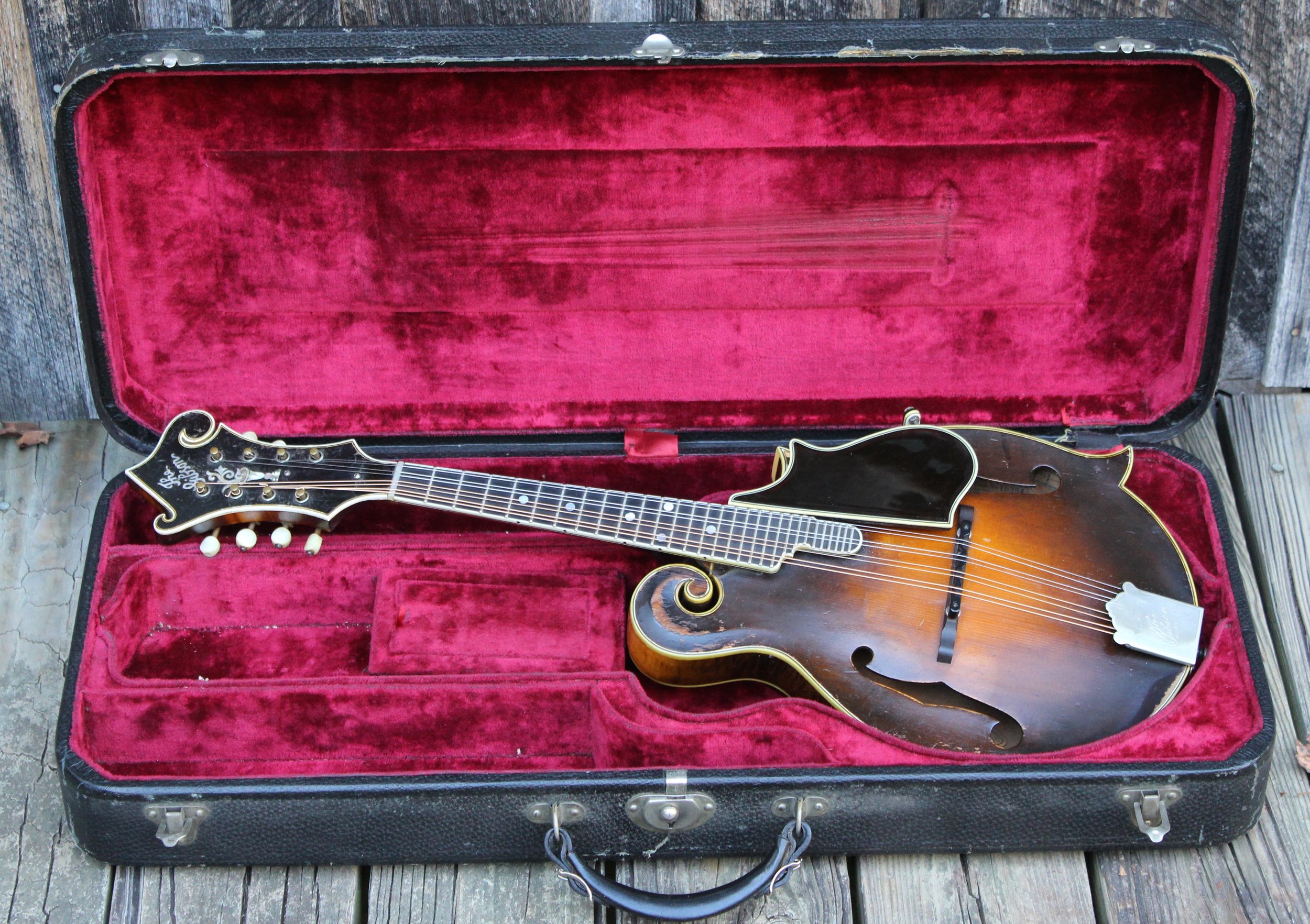
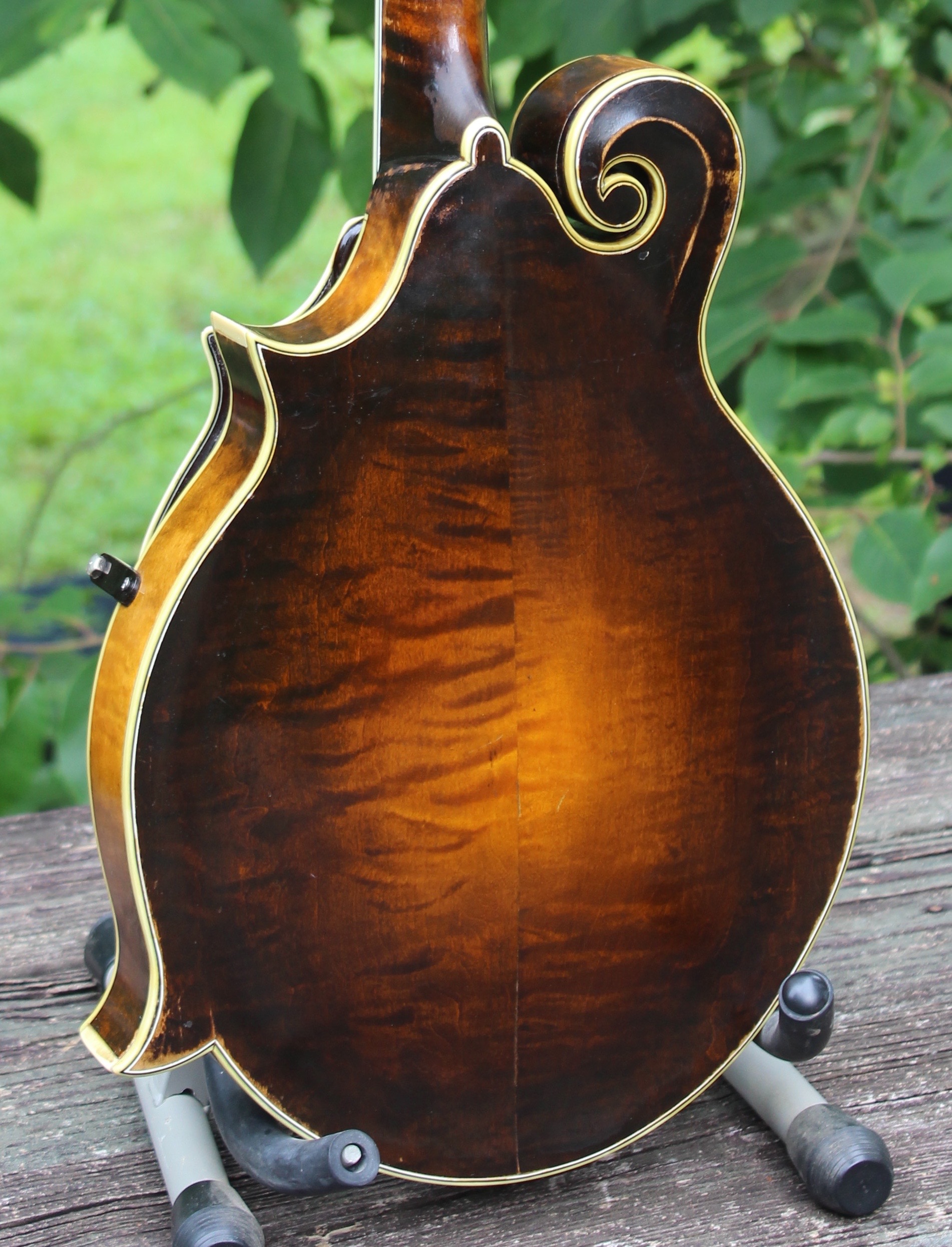
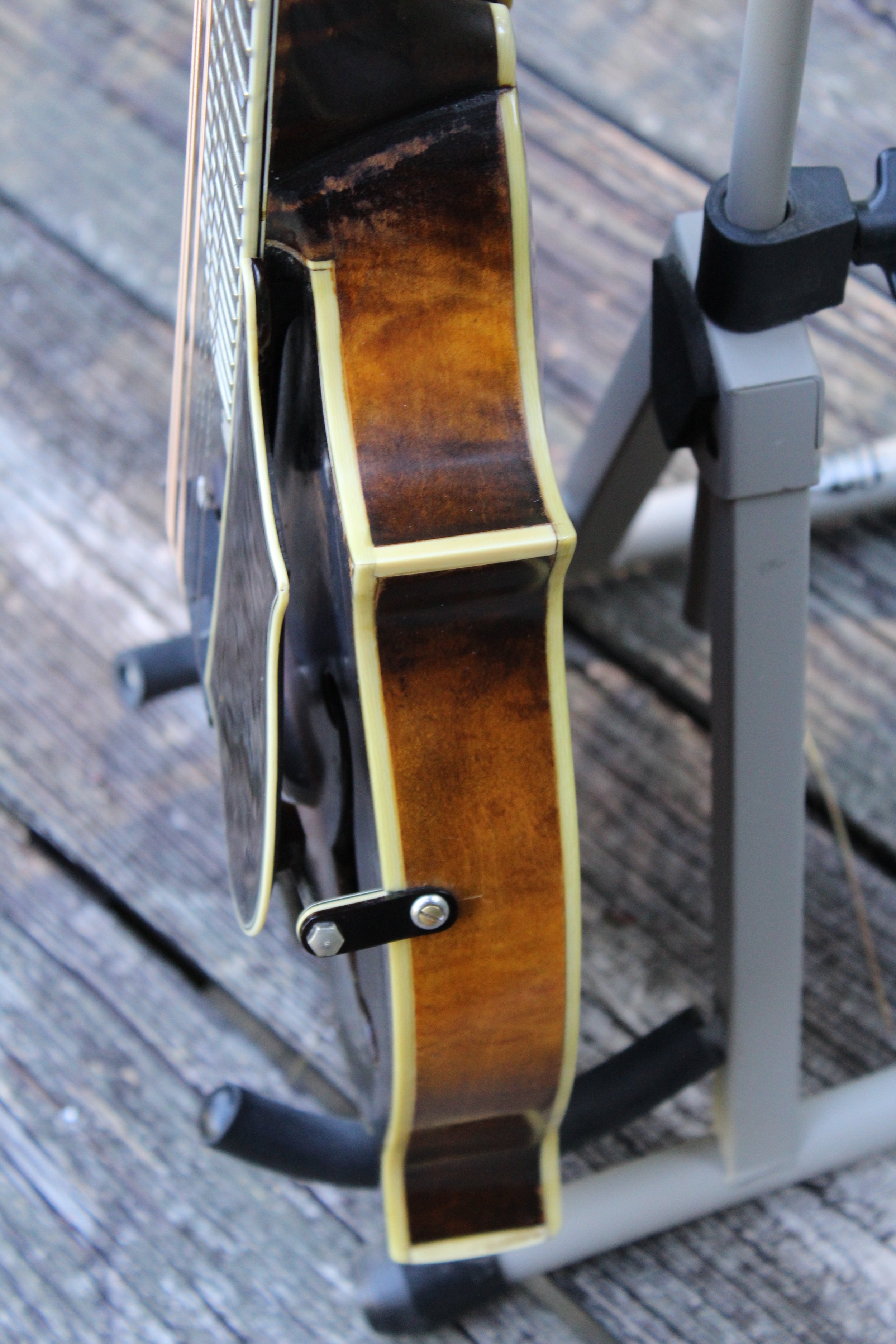
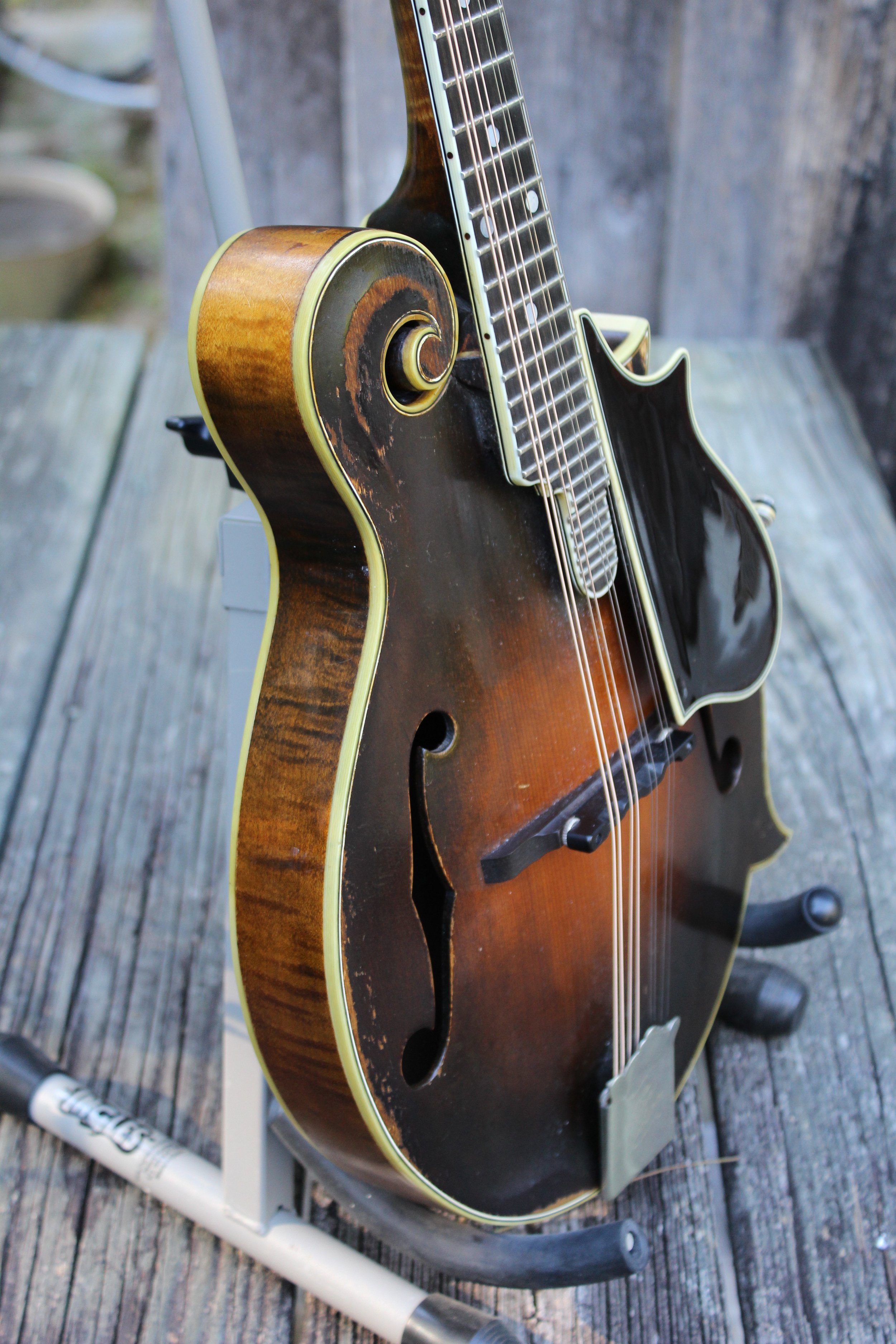
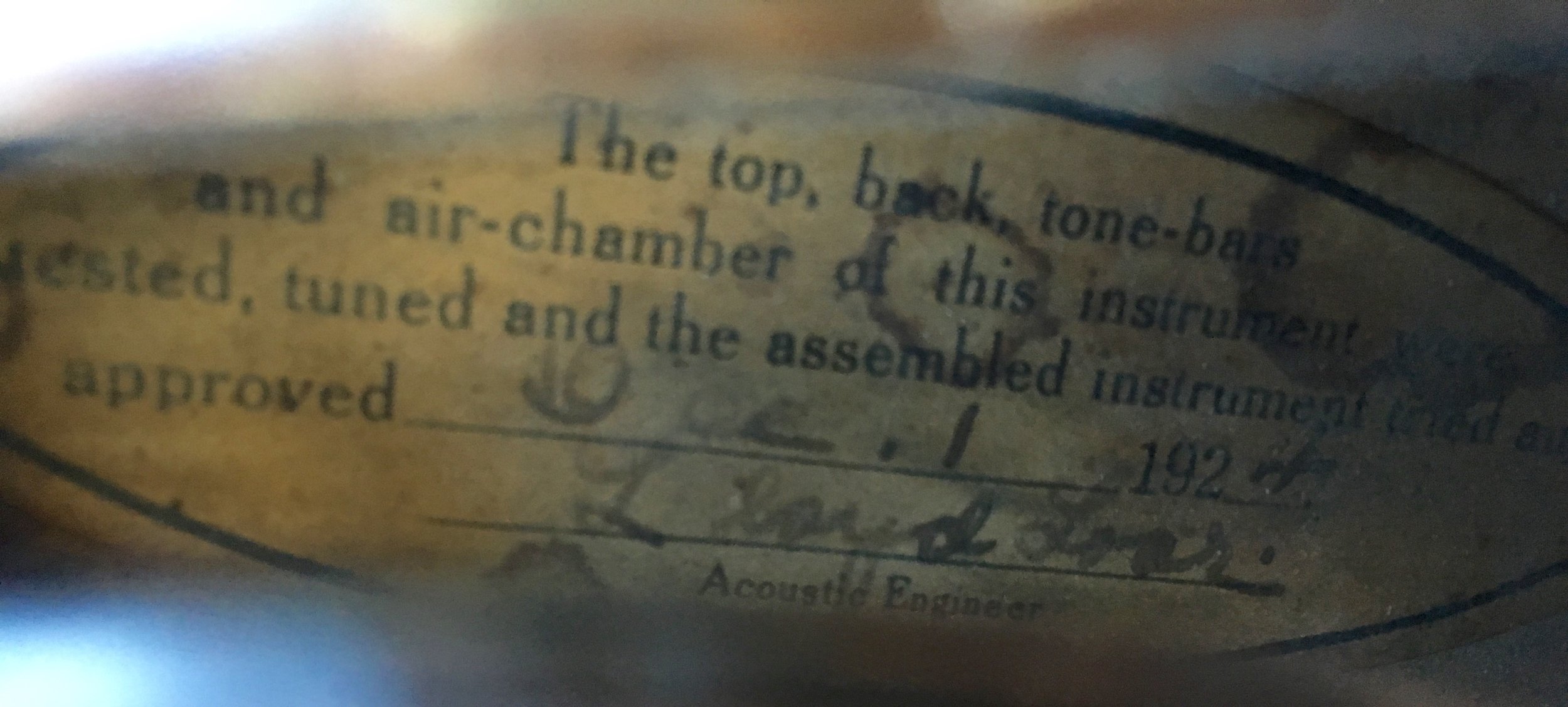
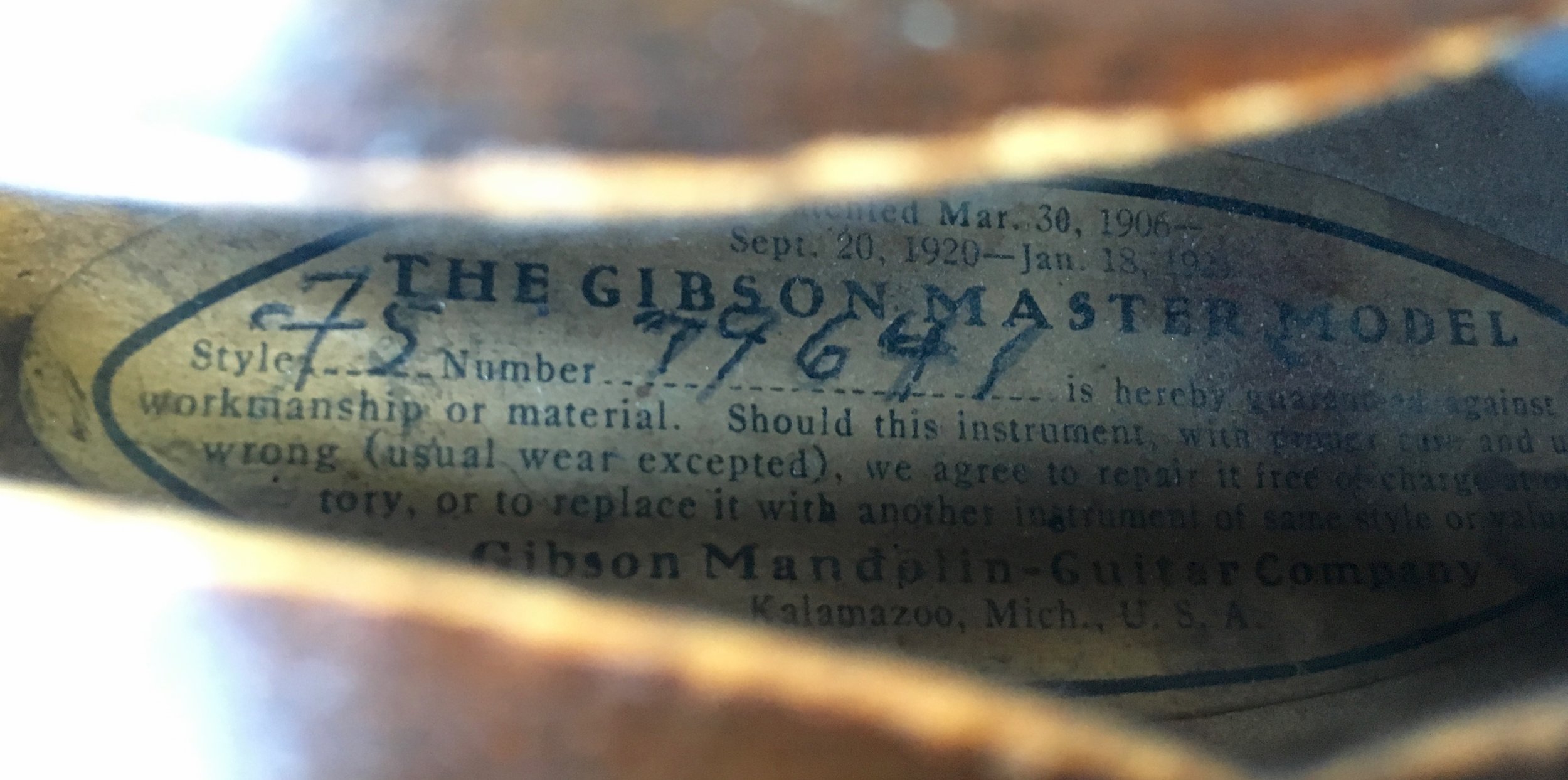
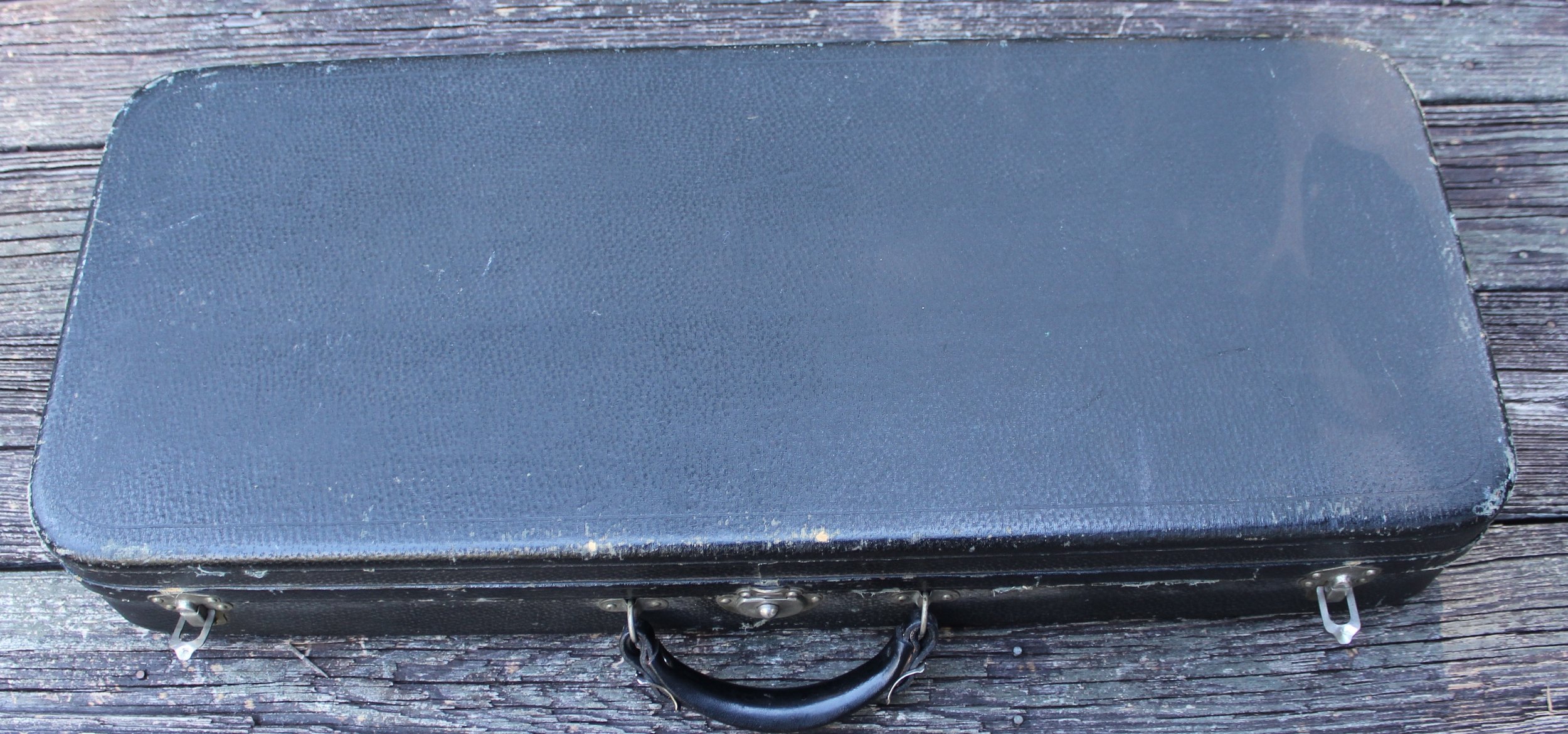
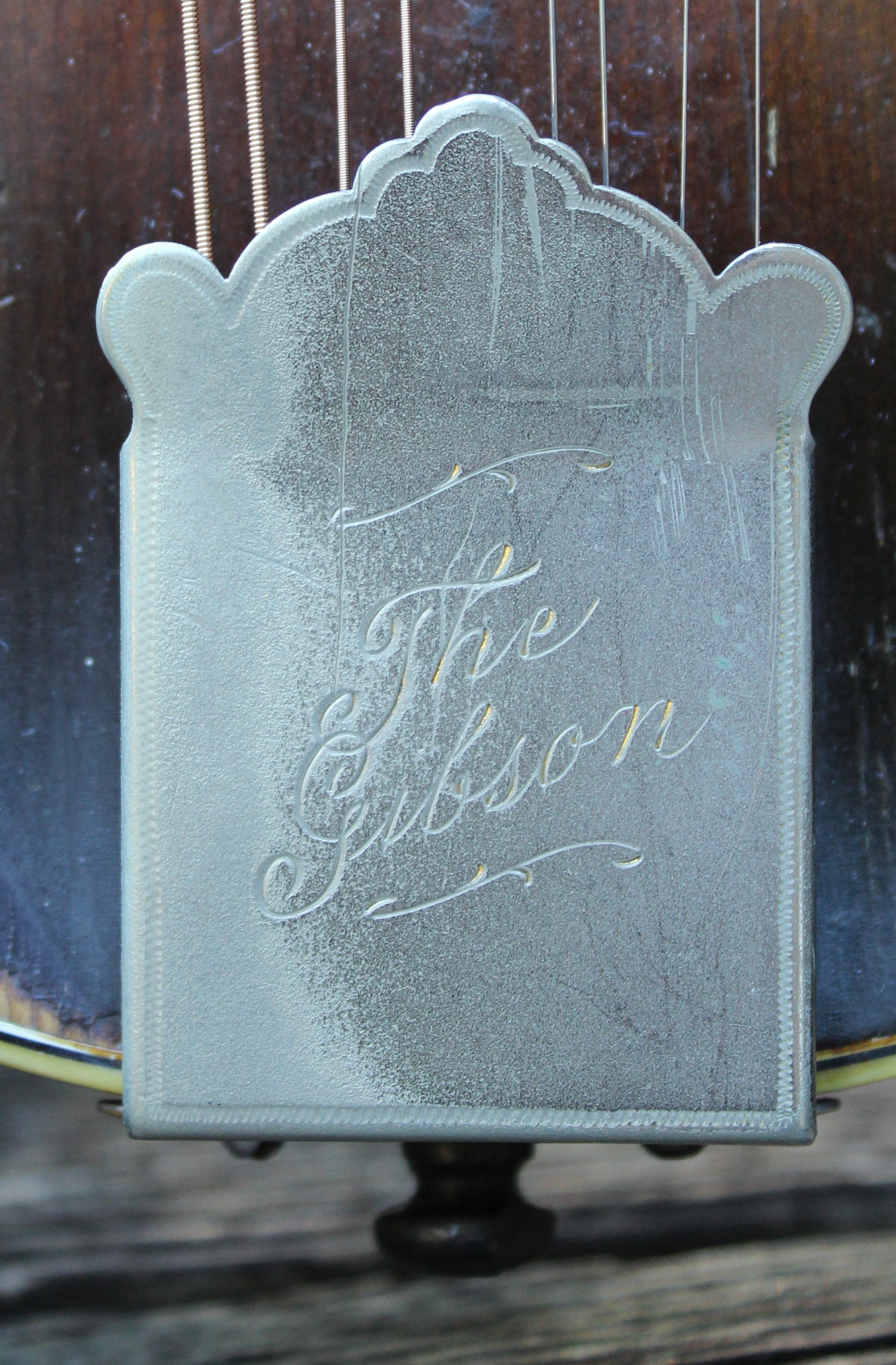
1924 Gibson F-5 #79641
Gibson F-5 mandolin #79641, signed by Lloyd Loar December 1, 1924. One of the truly great mandolins of all time offered here for public sale for the very first time. The story begins with a lady from Cincinnati who fronted a popular band of the 1920s: think Sugar Kane in “Some Like It Hot”, except instead of a ukulele, she played mandolin! Right before Christmas of 1924, she rode the train to Kalamazoo and purchased the finest mandolin money could buy directly from a “Mr. Loar”. Forty years later, looking toward retirement, she sold the mandolin to the fine Bluegrass player, Bill LaWarre. During the next half century this instrument made the Bluegrass scene and was often passed into the hands of many of the masters. Bill Monroe wrote tunes on this mandolin: for him it was pure inspiration. Certainly, there are more pristine examples, but the magic is deeply embedded from 90-plus years of lovingly engaging these strings. It is all there, including hardware and case.
The December 1 batch, the last of the Loar F-5s, is known for their wonderful dark sound and have much in common with the celebrated F-5s from February 18 of that year. To match the dark sound, they have a rich, lustrous dark sunburst varnish finish of which, one imagines, Mr. Loar was exceedingly fond. Features and appointments on Gibson F-5 # 79641 are consistent with factory specifications for this model and year and include the classic carved top and parallel tone bar construction with f-holes and long, one-piece slab-cut curly maple neck (which places the bridge in the center of the f-holes); headstock inlay consisting of “The Gibson” in mother-of-pearl and abalone flowerpot; pearl button tuners with notched endplate; hand-engraved tailpiece; pick guard following body points; all hardware silver plated; and dark Cremona shaded-sunburst varnish finish. Included, the original red-lined Geib and Sons case, which is in very good condition. Calgary made Calton case is also included. The only alterations include the removal of the Virzi tone producer and a replacement fingerboard by Charlie Dearington (receipt included) with slightly larger frets and scooped out extension. Also, Waverley tuners have been installed (with no alterations to the peghead) and original tuners are included separately. This is a legendary mandolin, and it has found a great new home.
